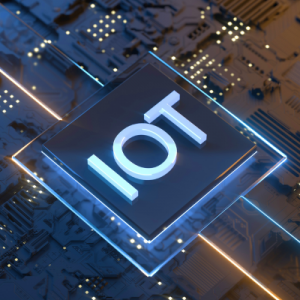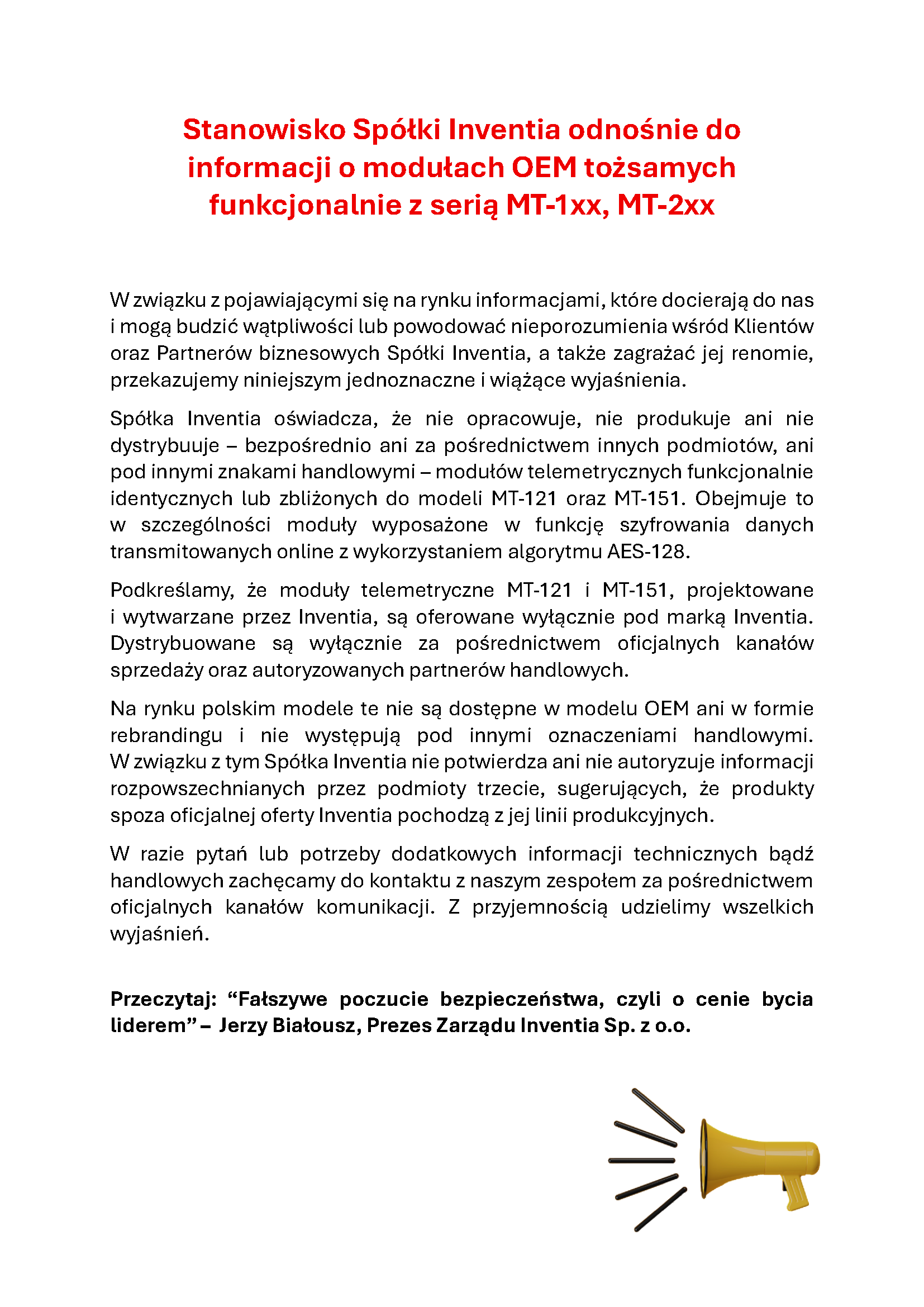.
Remote monitoring without cables – does the future of telemetry belong to battery modules?
What is wireless telemetry?
Modern monitoring is becoming increasingly challenging, especially in the context of applications that require work in difficult conditions or are located in places where there is no access to mains power sources, and their construction is expensive.
Energy efficient battery modules such as MT-718, MT-718 PS and MT-058 are the answer to these challenges. They represent a new quality in remote monitoring, offering a range of advanced features and capabilities. We will take a look at their key features and potential applications in various industries.
Why is it worth choosing battery power?
It obviously depends on the expectations you have for the telemetric system. However, it is worth considering solutions that really reduce the costs of its operation. Modern battery-powered modules are a perfect example – they eliminate the need for power cables, which significantly reduces the costs of both installation and subsequent operation.
Optionally, the modules can be equipped with lithium battery packs, which have a very long service life. Thanks to features such as sleep mode and motion detection, the devices can operate for several years without the need to replace the batteries.
Improve remote monitoring with battery modules
1. Operation based on internal power source
Battery modules such as the MT-718, MT-718 PS and MT-058 do not require an external power supply or access to the power grid, making them ideal for facilities that are far from urban infrastructure or located in areas that are difficult to access. Thanks to the integrated batteries, the devices can operate independently for a long time, which eliminates the need to build an energy infrastructure. These devices are an excellent alternative for remote monitoring in areas far from the power grid, such as meteorological stations, air quality measurements, critical infrastructure monitoring, measuring stations in water supply networks or environmental monitoring systems in natural areas.
2. Energy efficiency and modern communication technologies
The modules are designed to operate on batteries for as long as possible. Thanks to the use of energy-efficient LTE-M and NB-IoT modems, these devices can efficiently transmit data with minimal energy consumption. LTE-M (Long-Term Evolution for Machines) and NB-IoT (Narrowband IoT) are technologies dedicated to IoT devices that require minimal energy but at the same time provide reliable communication over a wide range, even in difficult conditions.
3. Resistant housing with IP68 protection rating
The housing of the MT-718, MT-718 PS and MT-058 battery modules is characterised by a high IP68 protection rating, which means that these devices are resistant to dust and water. They are able to operate in extreme environmental conditions, such as high humidity, wide temperature fluctuations or periodic total flooding. This makes them suitable for use in places where other devices fail, such as outdoor infrastructure monitoring, industrial plants, drinking water and wastewater measurement systems, and agriculture.
4. Extensive I/O resources with Modbus RTU Master protocol support
The MT-718 and MT-058 modules offer a wide range of input/output (I/O) interfaces, including the RS-485 interface (available in MT-718), which supports the popular Modbus RTU Master protocol. This allows the devices to be easily integrated into existing automation and monitoring systems, enabling data exchange with other devices and sensors. Modbus RTU Master is one of the most frequently used protocols in industrial systems, which significantly expands the application possibilities of these modules. In addition, the MT-718 PS version has a built-in pressure transducer. By combining these in one housing, additional external components such as cables between the measuring element and the data recording and transmission part are eliminated.
5. Optional BLE wireless communication
Thanks to the Bluetooth Low Energy (BLE) wireless communication (option), you can remotely configure and monitor the modules without having to open their housing. This facilitates installation and diagnostics of the device, especially in places where access is difficult. BLE also enables integration with mobile applications, allowing convenient access to measurements from a mobile phone.
6. Optional OLED display
The MT-718 module can be equipped with a built-in OLED display that allows local presentation of measurement data. This type of display allows you to quickly view current readings without having to connect to the remote monitoring system. This is especially useful in situations where access to the Internet or network is limited and the need for quick on-site data analysis is crucial.
7. Local measurement recording
The modules offer internal data logger and can store records according to an agreed schedule. Thanks to such solutions, you can collect data even in the absence of a constant connection, which is particularly important in places with poor network coverage. The collected data can later be sent to a central system for complete measurement history.
Get inspired! Examples of battery-powered module applications
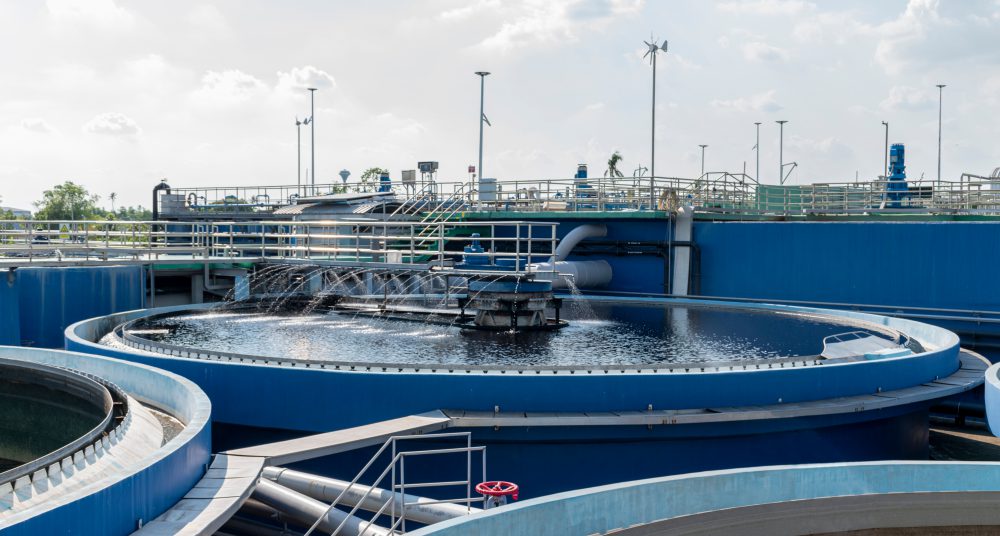
Infrastructure monitoring – ideal for monitoring the status of critical infrastructure such as power, water, gas and communication networks. Thanks to their resistance to harsh environmental conditions and battery power, they can be used in remote locations.
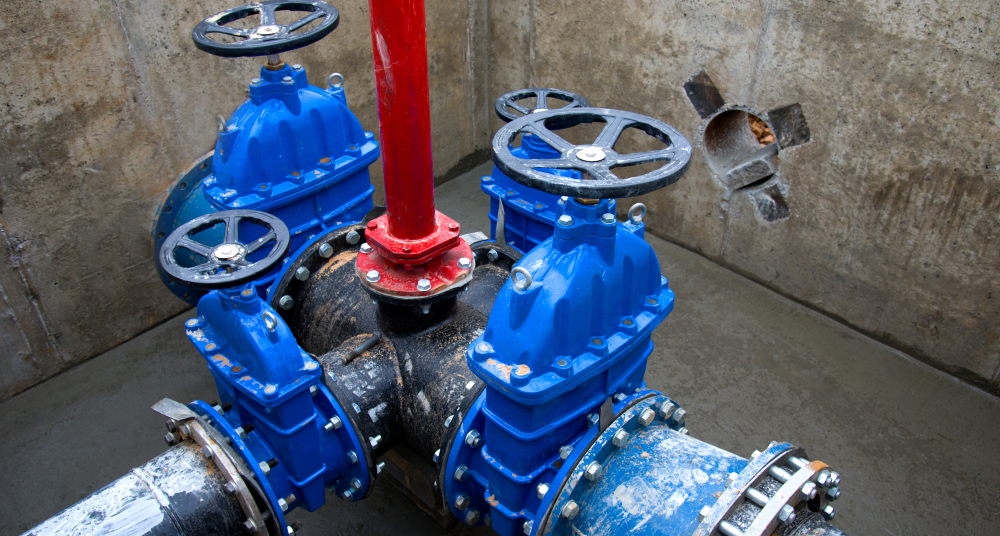
Precision farming – ideal for monitoring the status of critical infrastructure such as power, water, gas and communication networks. Thanks to their resistance to harsh environmental conditions and battery power, they can be used in remote locations.

Industrial automation – used in automation systems in industrial plants, where monitoring device parameters is important for maintaining production efficiency and minimising downtime.
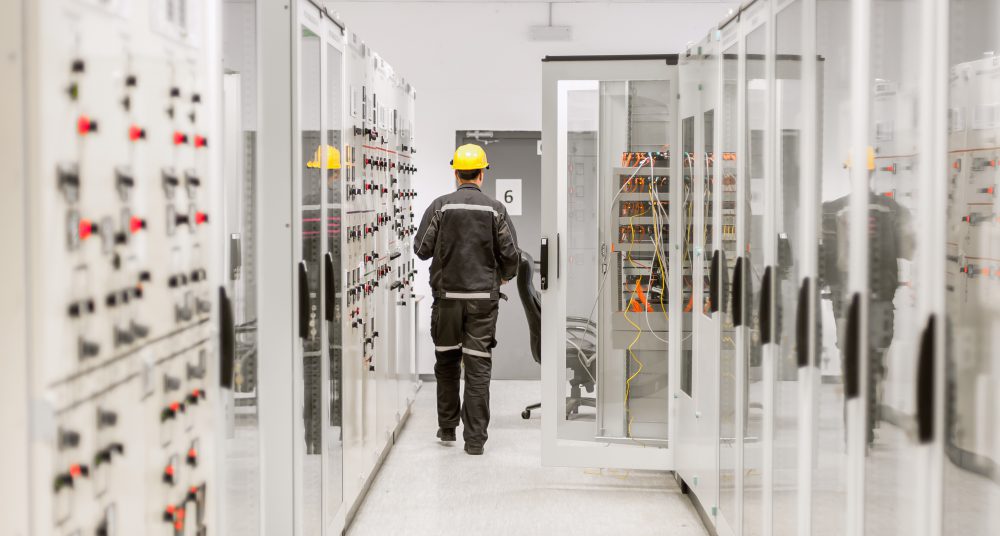
Battery modules are innovative devices which, thanks to their autonomous operation, energy efficiency and advanced functions, are a perfect complement to traditional monitoring systems. Their resistance to difficult conditions, ease of integration and ability to work in places without limited access to power grid make them an ideal solution in many industries. As the demand for remote monitoring increases, these devices can become an indispensable part of IoT systems, contributing to even more effective data management and real-time monitoring.
Check out other articles:

DataPortal – How can data visualisation make your work easier?
Discover its practical applications!

Migration of telemetry systems. Evolution from MT-101 to MT-121
Find out what benefits you can gain by switching
to modern telemetry solutions
